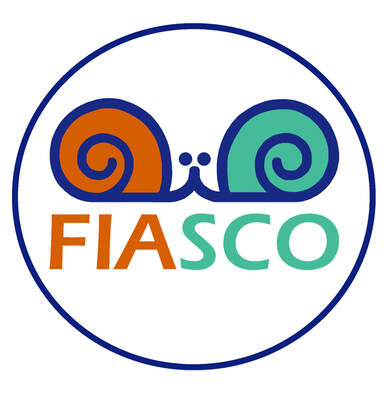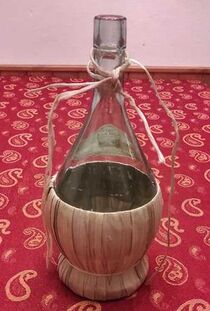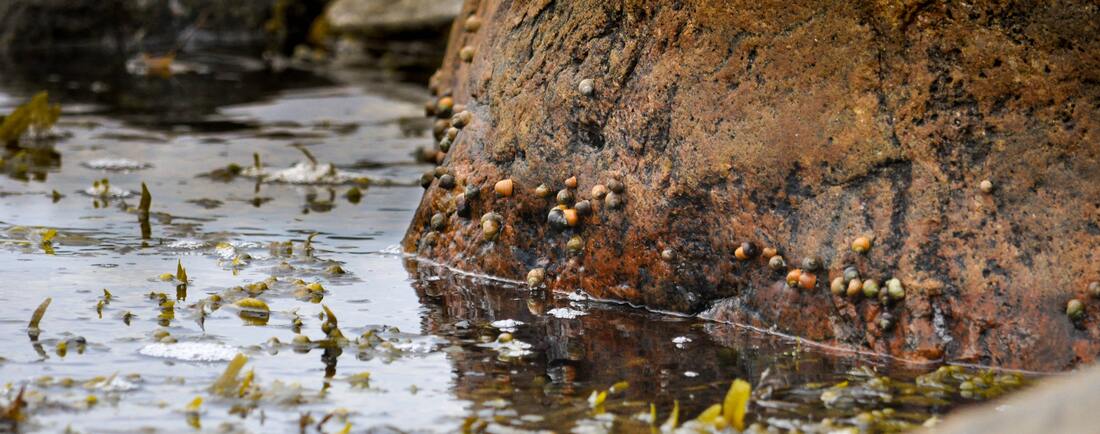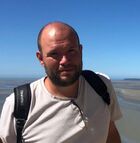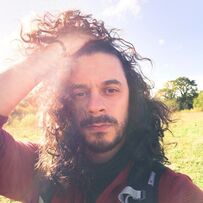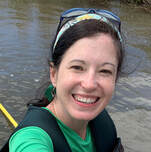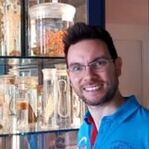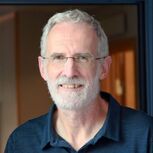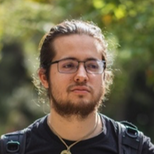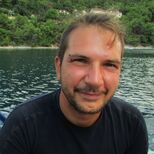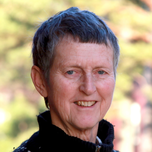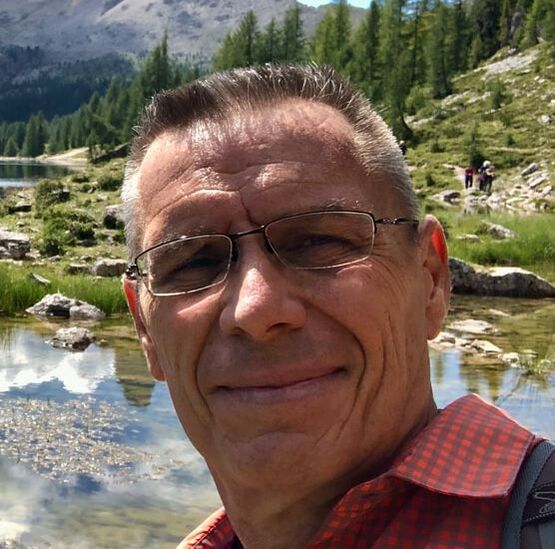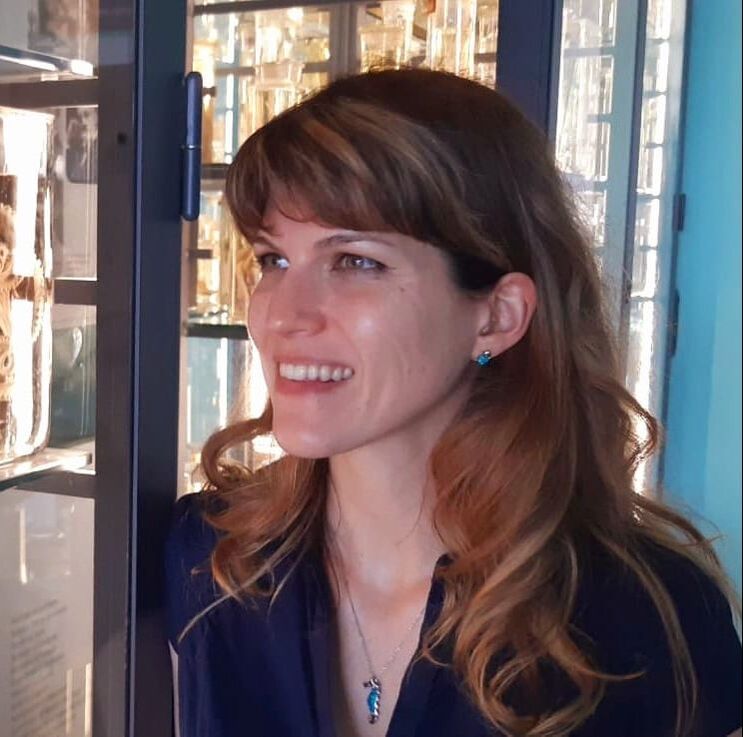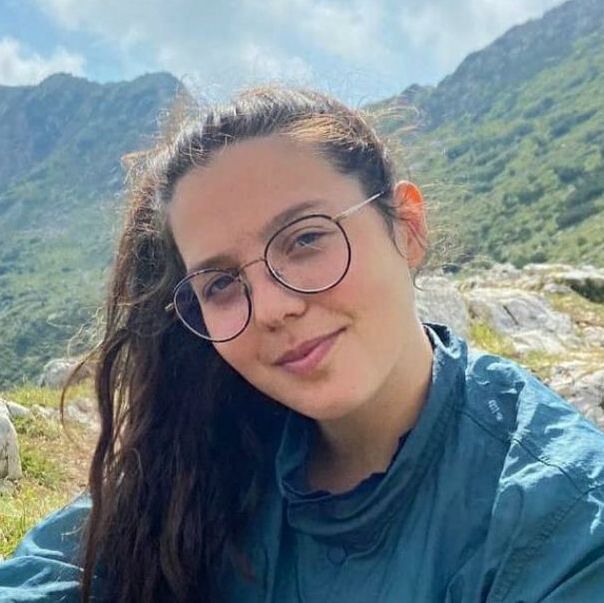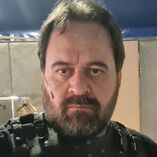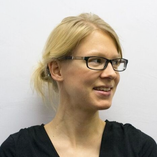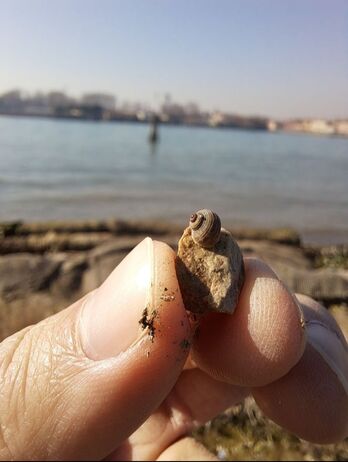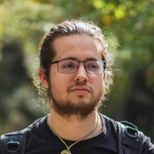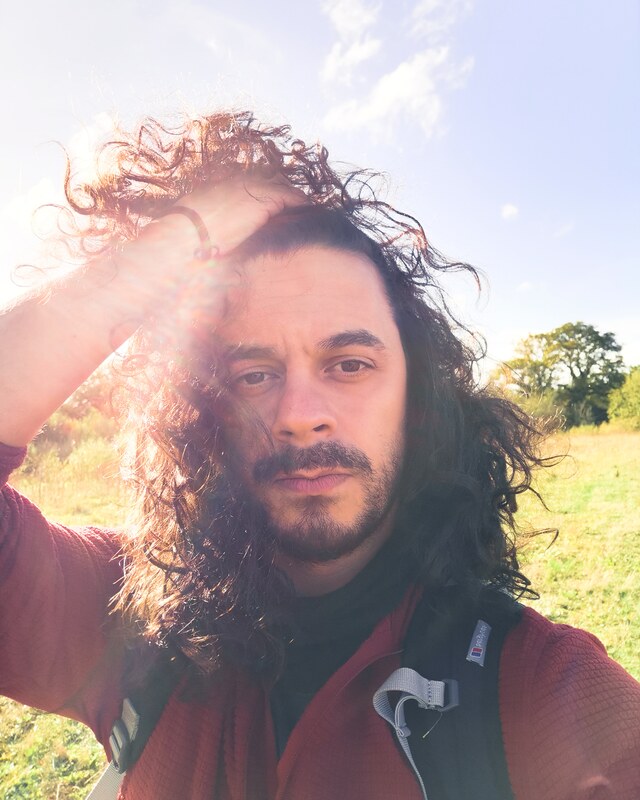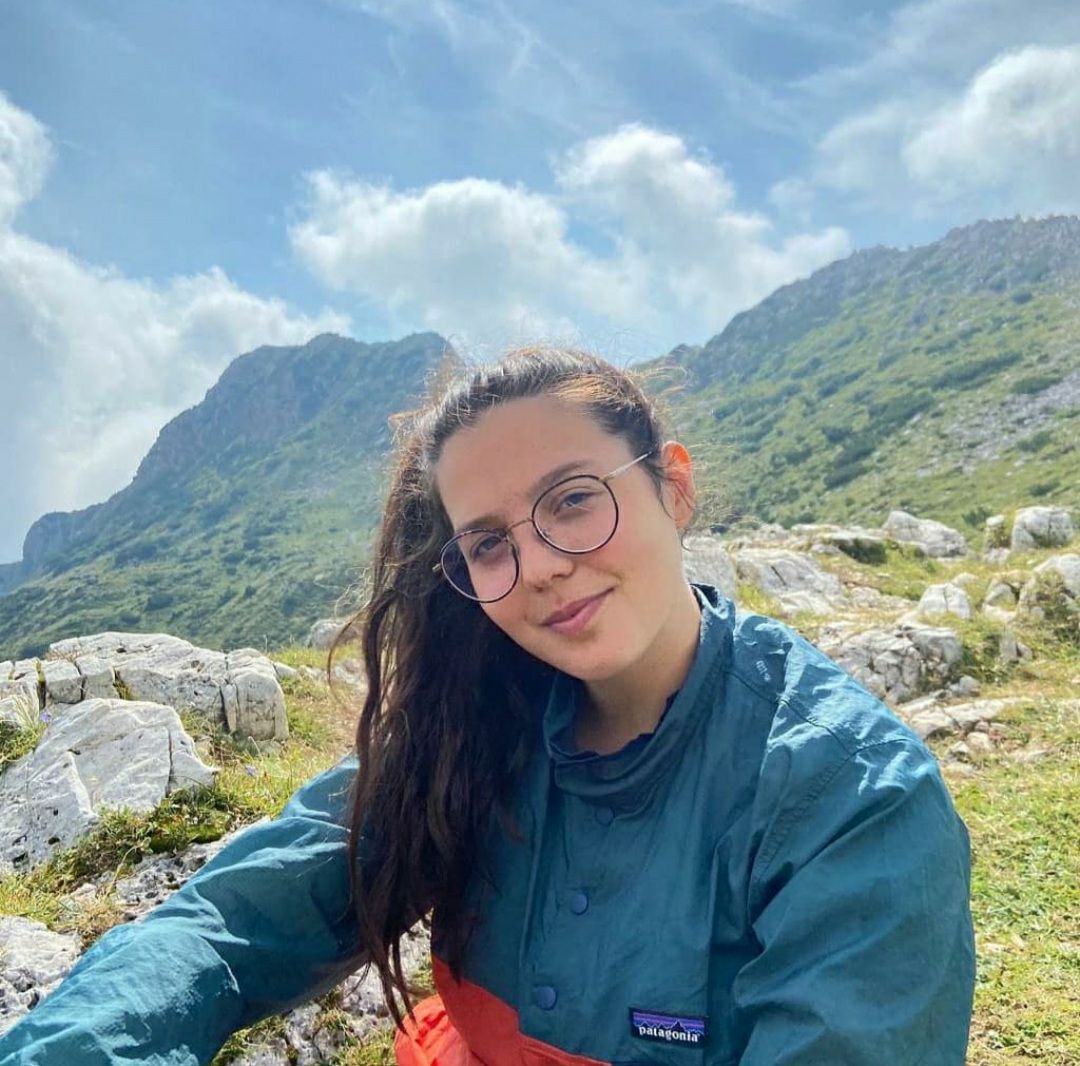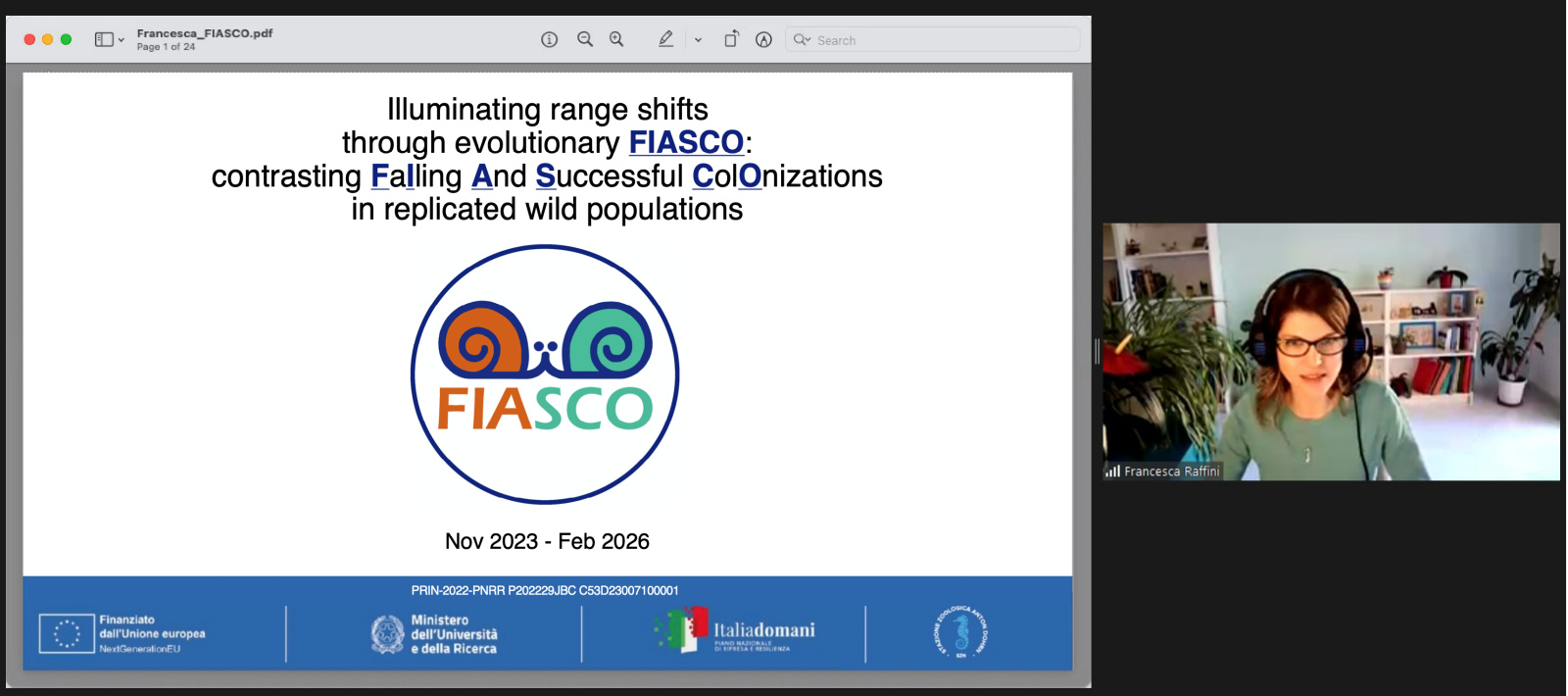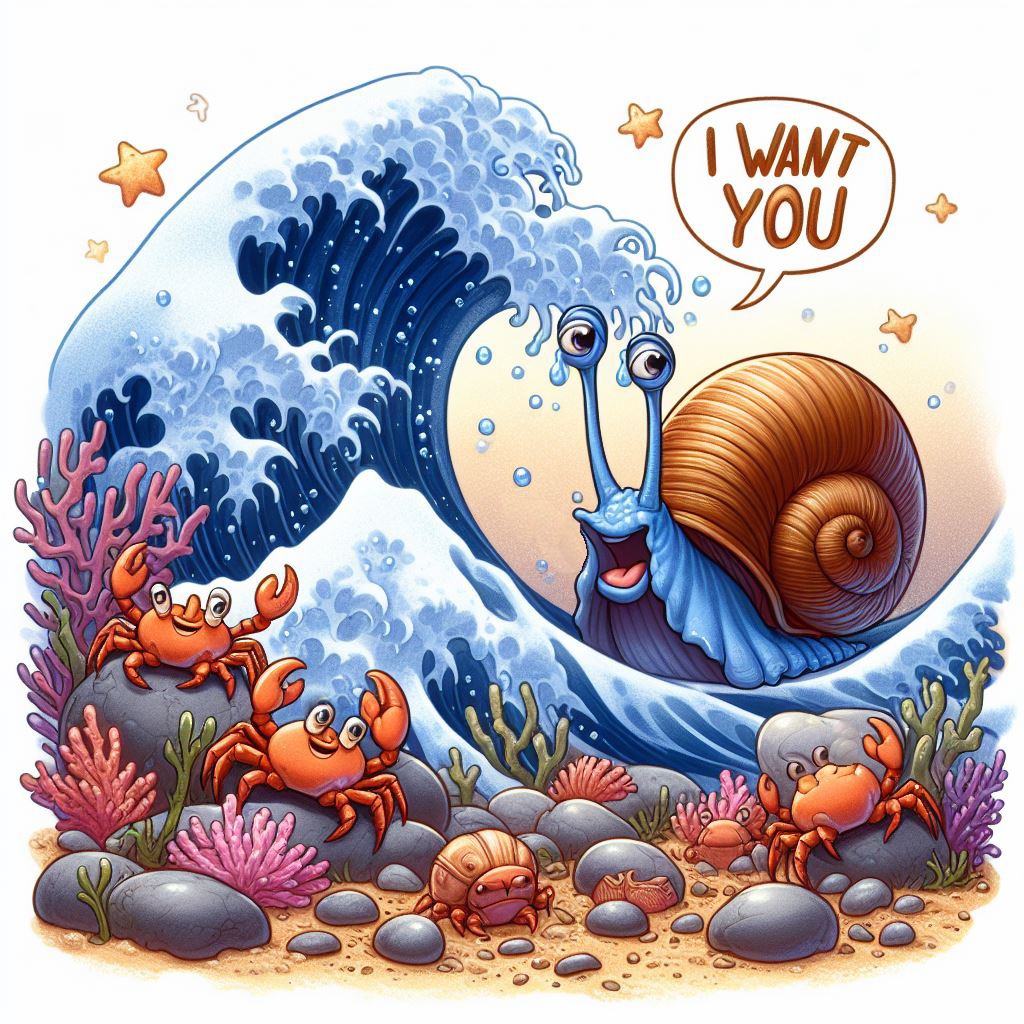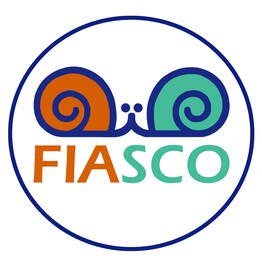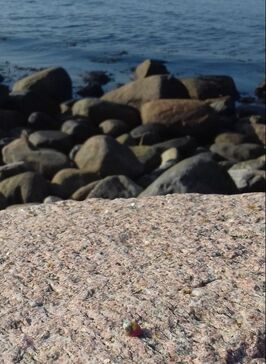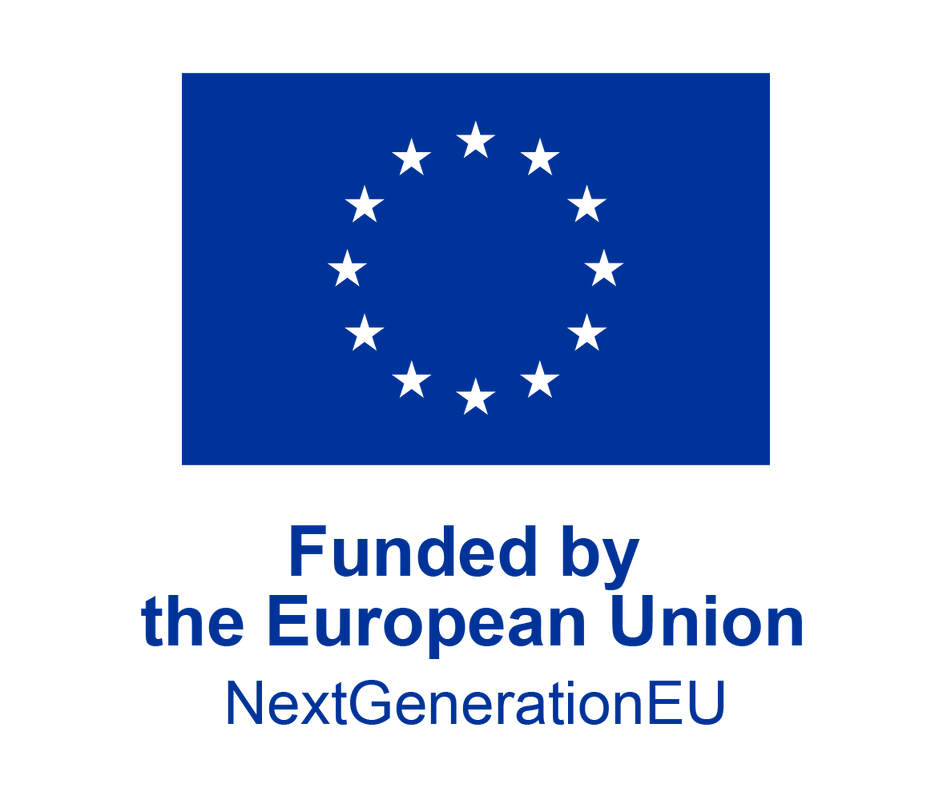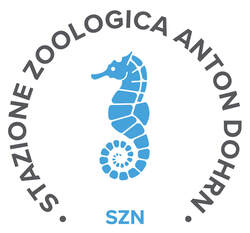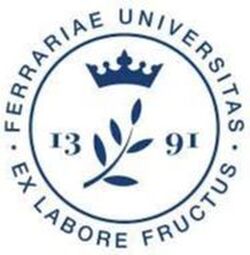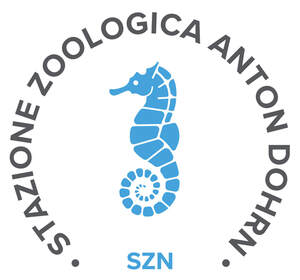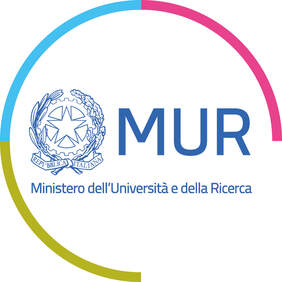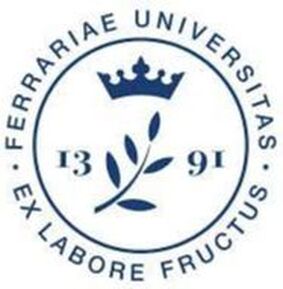Illuminating range shifts through evolutionary FIASCO*:
contrasting FaIling And Successful ColOnizations in replicated wild populations
A joint effort among the Stazione Zoologica Anton Dohrn, University of Ferrara, and other national and international researchers coordinated by Francesca Raffini and funded by the European Union - Next Generation EU
*What is a fiasco?
In Italian, a fiasco is literally a bottle (a flask encased in a straw basket, see the picture below) but it has also a figurative meaning: an utter failure. The linguistic evolution of fiasco from flask to flop is still obscure, similarly to our understanding of the evolution of ecological success in small populations, that will be addressed by the FIASCO project.
Project overview
Anthropogenic disturbances and climate changes can lead to rapid population declines, shifted geographic distributions, or adaptation to new conditions. The drivers and implications of this disparity in species’ responses remain puzzling. We explore the evolutionary mechanisms underlying range shifts by contrasting naturally replicated dispersal events in a marine snail. We leverage multidimensional information from whole genomes including chromosomal structural variants, phenotypic traits, and local habitats to clarify why some range shifts succeeded while others ended in a fiasco, advancing our understanding of the drivers of ecological success.
These findings will contribute to the urgently needed improvement of knowledge of the fundamental mechanisms that originate and maintain biodiversity to inform effective actions in wildlife management.
Our results will be disseminated to the scientific community, stakeholders, and citizens to draw attention to biodiversity research, increase social trust, and build resilience against the global decline of biodiversity, economy, and society.
These findings will contribute to the urgently needed improvement of knowledge of the fundamental mechanisms that originate and maintain biodiversity to inform effective actions in wildlife management.
Our results will be disseminated to the scientific community, stakeholders, and citizens to draw attention to biodiversity research, increase social trust, and build resilience against the global decline of biodiversity, economy, and society.
Littorina saxatilis in the Swedish shore. Picture courtesy of Daria Shipilina
people
In alphabetical order
Funding
The FIASCO project "Illuminating range shifts through evolutionary FIASCO:contrasting FaIling And Successful ColOnizations in replicated wild populations" has been funded by the European Union - Next Generation EU (Piano Nazionale di Ripresa e Resilienza - MUR code: P202229JBC, CUP: C53D23007100001).
The marine snail Littorina saxatilis in the Venice Lagoon, Italy.. Picture courtesy of Diego Fernando Garcia Castillo
News
Welcome David
April 2024
We are thrilled to have David join the FIASCO team. Welcome!
David, a postdoctoral researcher at the Stazione Zoologica Anton Dohrn (Italy), brings his passion for understanding the intricate relationships between species and their environments. With a keen interest in combining genomic and ecological tools to answer evolutionary questions, David’s interest lies in the underlying genetic and ecological mechanisms shaping biodiversity.
We are thrilled to have David join the FIASCO team. Welcome!
David, a postdoctoral researcher at the Stazione Zoologica Anton Dohrn (Italy), brings his passion for understanding the intricate relationships between species and their environments. With a keen interest in combining genomic and ecological tools to answer evolutionary questions, David’s interest lies in the underlying genetic and ecological mechanisms shaping biodiversity.
Welcome Roberto
March 2024
A warm welcome to Roberto on the FIASCO team!
He is a postdoctoral researcher at the University of Ferrara (Italy). His research interests focus on studying the demographic and evolutionary processes affecting populations and species of conservation concern. He finds great excitement in the use of genetic and genomic approaches to reconstruct patterns at the population level and explore mechanisms related to local adaptation, life history evolution, and wildlife conservation.
A warm welcome to Roberto on the FIASCO team!
He is a postdoctoral researcher at the University of Ferrara (Italy). His research interests focus on studying the demographic and evolutionary processes affecting populations and species of conservation concern. He finds great excitement in the use of genetic and genomic approaches to reconstruct patterns at the population level and explore mechanisms related to local adaptation, life history evolution, and wildlife conservation.
Welcome beatrice
February 2024
The FIASCO team is growing! We are happy to welcome Beatrice.
She is a PhD student in Evolutionary Biology and Ecology at the University of Ferrara (Italy). She is investigating the potential accumulation of deleterious mutations in the genomes of individuals from small populations, with a focus on structural variants.
The FIASCO team is growing! We are happy to welcome Beatrice.
She is a PhD student in Evolutionary Biology and Ecology at the University of Ferrara (Italy). She is investigating the potential accumulation of deleterious mutations in the genomes of individuals from small populations, with a focus on structural variants.
join us! two open positions
December 2023
We are looking for two 2-years researchers! Join us at the Stazione Zoologica Anton Dohrn (Naples, Italy) and the University of Ferrara (Ferrara, Italy) to explore the evolutionary processes underlying range shifts in a marine snail in the fully funded FIASCO project. Details here.
We are looking for two 2-years researchers! Join us at the Stazione Zoologica Anton Dohrn (Naples, Italy) and the University of Ferrara (Ferrara, Italy) to explore the evolutionary processes underlying range shifts in a marine snail in the fully funded FIASCO project. Details here.
FIASCO HAS a logo and webpage
here comes the Fiasco project

